Description
Latin Name : Cichorium Intybus
Origin Country: Hungary
Chicory is known for its healing properties from Ancient Egypt. The ancient Greeks considered chicory a useful and healthy food. It is mentioned as anti-diabetic and hepatic.
Chicory is a great source of vitamins and minerals, including zinc, magnesium, manganese, calcium, iron-folic acid, and potassium, as well as vitamin A, B6, C, E, and K.
– The plant has a particularly high value for its tonic properties on the liver and digestive system. It is ideal for the digestive system as it contains inulin, which is a powerful prebiotic. It can be used as a mild laxative and for constipation.
– The inulin contained in chicory is not only beneficial for the digestive system, but has also been shown to reduce the levels of “bad” LDL cholesterol in the body.
– It is a diuretic, while at the same time it helps to cleanse and detoxify the urinary system. Helps in weight loss and toning the body.
– It is also taken for rheumatism, eczema and psoriasis, activates the gallbladder and kidneys, contributing to their proper functioning, is used to control diabetes.





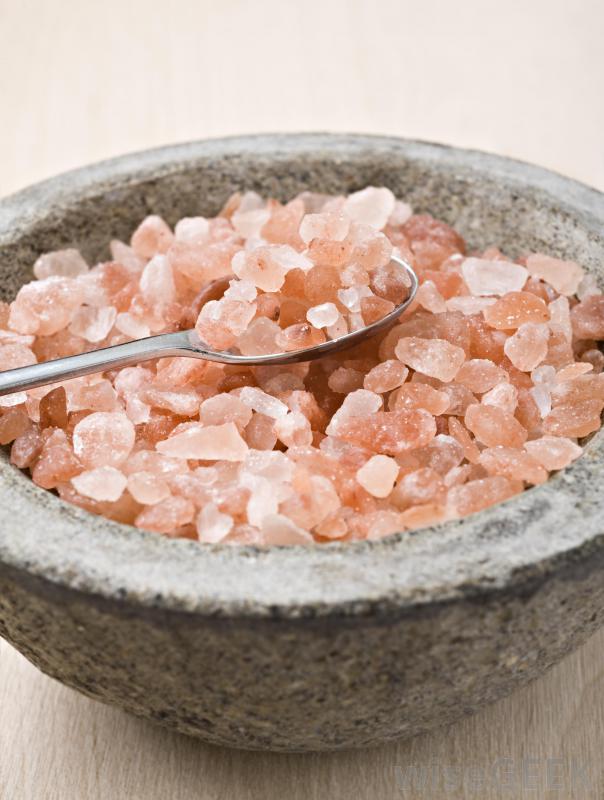


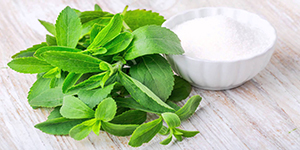

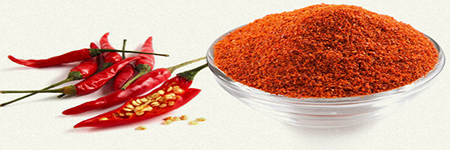
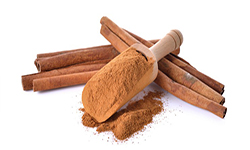
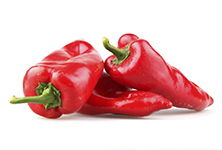








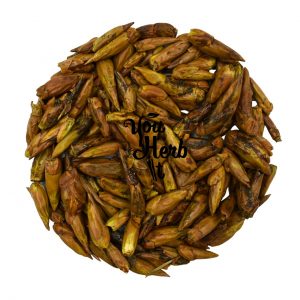

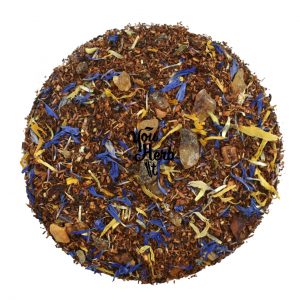
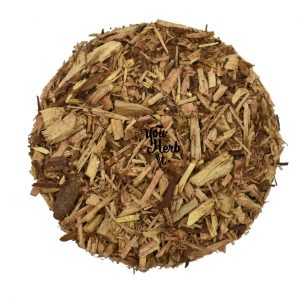
Reviews
There are no reviews yet.